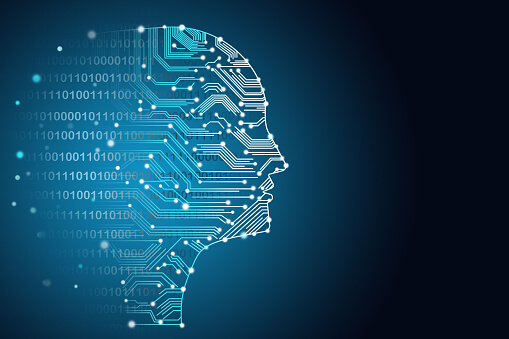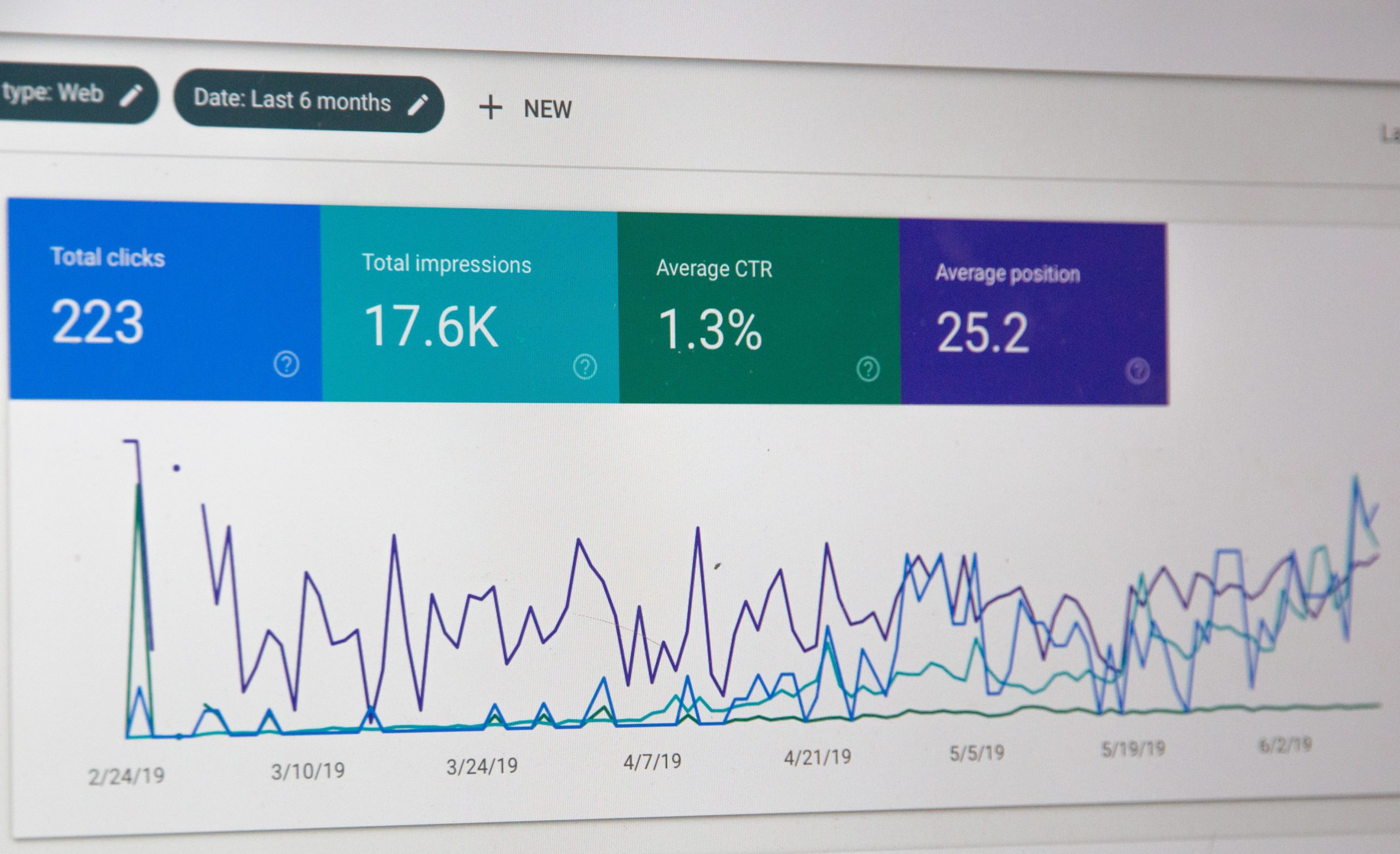- Home
- Generative AI
- Artificial Intelligence vs. Machine Learning: What Are The Key Differences?
Generative AI
3
min read
Artificial Intelligence vs. Machine Learning: What Are The Key Differences?


Don't you want to read? Try listening to the article in audio mode 🎧
Artificial Intelligence (AI) and Machine Learning (ML) are innovations that have made plenty of buzz in the technical world of late, and for valid reasons. They're enabling companies to simplify their work processes and identify patterns in data to make smarter business choices. They're progressing almost every industry by assisting them to work more efficiently, and they're becoming fundamental tools for organisations to keep a competitive advantage.
Interest in these technologies— and demand for professionals skilled in them— is exploding. This remarkable development is introducing significant opportunities as well as challenges for organisations. AI and ML, which were once the subjects of sci-fi many years ago, are becoming a norm in organisations today.
In this article, we closely explore the differences between AI and ML, opportunities and challenges, and how these innovations are set to be a household name in the coming years.
Artificial Intelligence vs. Machine Learning: A Basic Understanding
Artificial Intelligence (AI):
Artificial intelligence is a field of computer science that makes a computer mimic human intelligence. Artificial intelligence systems don't need to be pre-customised, they utilise specialised algorithms that can work with their own intelligence. It includes machine learning algorithms, for example, reinforcement algorithms and neural networks. Artificial intelligence is being utilised in many spaces in our world, for example, voice assistants (Siri, Google Assistant, Alexa), chatbots, chess-playing, and so forth. In terms of skills, AI can be classified into three classifications: Weak AI, General AI, and Strong AI. Right now, we are dealing with Weak and General AI. The eventual future of AI is Strong AI, which is expected to be smarter than people.Machine Learning (ML):
Machine learning empowers a computer to make smarter choices based on predictions or make a few choices using historical information without being specifically programmed. Machine learning uses a huge amount of structured as well as semi-structured data so a machine learning model can produce accurate results or give predictions based on that information. Machine learning normally uses algorithms that learn on their own via historical information. However, it works only for specific domains, for example, if we are making a machine learning model to identify pictures of cats, it will just give results for cat pictures, however, if we input other data such as pictures of dogs, it will become unresponsive. Machine learning is likewise being utilised in different real-world domains like online recommendation systems, google search engines, email spam filters, auto-tagging suggestions on Facebook, and so on.Applications of Artificial Intelligence & Machine Learning in Action
Applications of AI:
- Advanced Robotics
- Virtual Assistants
Applications of ML:
- Online Product Recommendations
- Email and Malware Filtering
What Does The Future Hold for AI and ML?
The advances made by experts in the fields of artificial intelligence and machine learning are speeding up. These developments are equipped for solving increasingly hard issues better than people can. This implies that AI and ML are changing quicker than history can be written, so expectations about their future become obsolete as quickly as they are written. The people who believe that this advancement will proceed quickly focus on Strong AI, and regardless of whether it is useful for humankind. Among the people who predict continuous progress, they underscore the advantages of smarter predictive ML methodologies based on historical data and feature extraction, which might save people from the current mishaps; the other part stresses the existential risk of a super-intelligence. Given the dramatic development of both these innovations, one thing is inevitable – we are in for a rollercoaster ride full of technological advancements in the fields of ML and AI that will pave the way for extraordinary projects in the future.
Article updated on: 02 April 2025

Don't Waste Your Talent. Turn It Into a Career With a Course That Fits Your Needs!
Talent Garden is your Digital Skills Academy, offering courses in Digital Marketing, UX Design, Digital HR and Data Analysis designed to launch your career.
Keep reading

3
min read
IdentiGeek: the 5 geeks who are changing the world
Happy Geek Pride Day! GEEK PRIDE DAY is celebrated on 25th May. So today it’s the world pride day for technology ...
Talent Garden
24/05/2019

6
min read
The Ultimate Guide to Artificial Intelligence
Everything points to the fact that Artificial Intelligence will transform our future in a more radical way than any ...
Talent Garden
26/11/2018

3
min read
Hack Access - Striving to Solve Accessibility Challenges Around the World
We love to celebrate our Talent Garden members and showcase the work they are doing as entrepreneurs, innovators and ...
Talent Garden
22/08/2019

4
min read
Attribution Models: what they are, what they are for and which are the most popular for Digital Marketing
In the digital world one hears increasingly of Attribution Models. Attribution models for Facebook, for Google Ads, for ...
Talent Garden
04/03/2022
